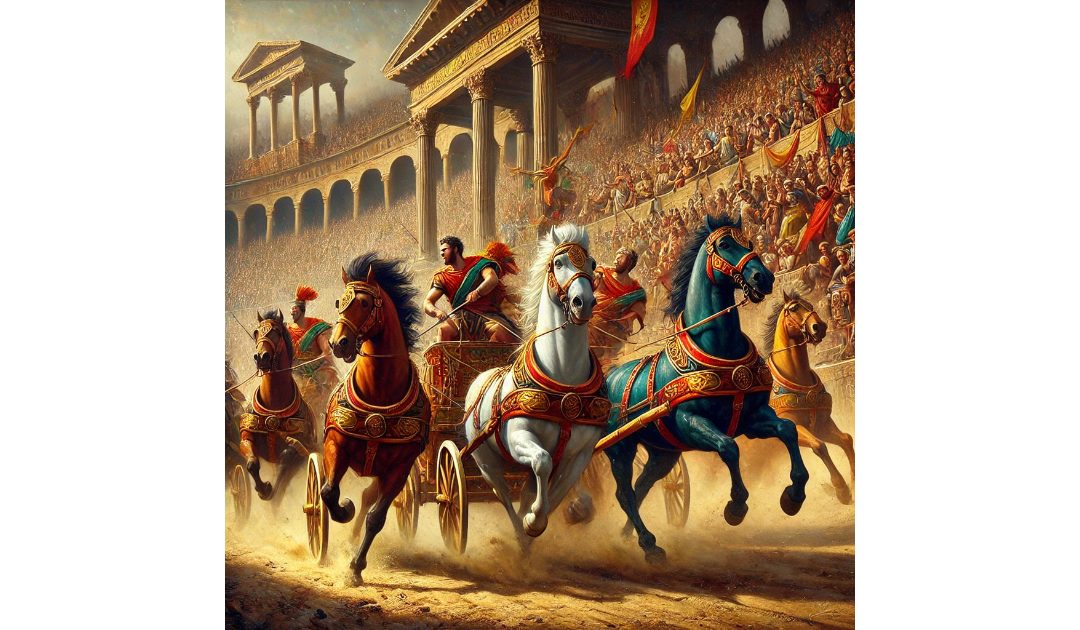I noted in a recent post that I was born on Guy Fawkes Day. The Best Picture Academy Award, along with ten other Oscars, the year I was born went to Ben Hur. The book on which the film was based, Ben-Hur: A Tale of The Christ, was published on 12th November 1880.
Lew Wallace (1827–1905) was an American author, lawyer, diplomat, and Civil War general best known for his novel Ben-Hur: A Tale of the Christ, which became one of the most popular works of the 19th century. Born in Brookville, Indiana, Wallace grew up in a politically active family—his father, David Wallace, was Indiana’s governor—and pursued a career that spanned public service, law, and military leadership. He had little formal education but displayed an early passion for reading and writing.
Wallace’s varied career included practicing law and serving in the Mexican-American War before the Civil War broke out in 1861. During the Civil War, he rose to the rank of major general in the Union Army. He is remembered for his actions at the Battle of Monocacy, which delayed Confederate forces from reaching Washington, D.C. Although some controversy surrounded his military decisions, Wallace was praised for his efforts to protect the capital.
After the war, Wallace was appointed governor of the New Mexico Territory in 1878, during a period of violent disputes known as the Lincoln County War. His attempt to restore order included negotiations with infamous outlaw Billy the Kid, though his efforts to offer the Kid a pardon fell through. Wallace later served as U.S. minister to the Ottoman Empire, where he developed a deep interest in religious and cultural history, a fascination that would permeate his writing.
Wallace began writing Ben-Hur partly to better understand Christian teachings, as he grappled with his own spiritual questions. Published in 1880, the novel follows Judah Ben-Hur, a Jewish prince betrayed by a Roman friend, who endures slavery before witnessing the life and crucifixion of Jesus Christ. The book’s themes of redemption, faith, and justice resonated widely, making it one of the best-selling novels of its time and securing Wallace’s place in literary history. Its success spurred numerous adaptations, including the famous 1959 film.
Despite his eclectic career, Wallace considered Ben-Hur his legacy. The novel’s success and its impact on American culture reflect his complex life, marked by both war and artistic achievement. Wallace’s unique blend of military experience, religious exploration, and vivid storytelling allowed him to create a story that would captivate generations, combining adventure with a deeper moral message.

